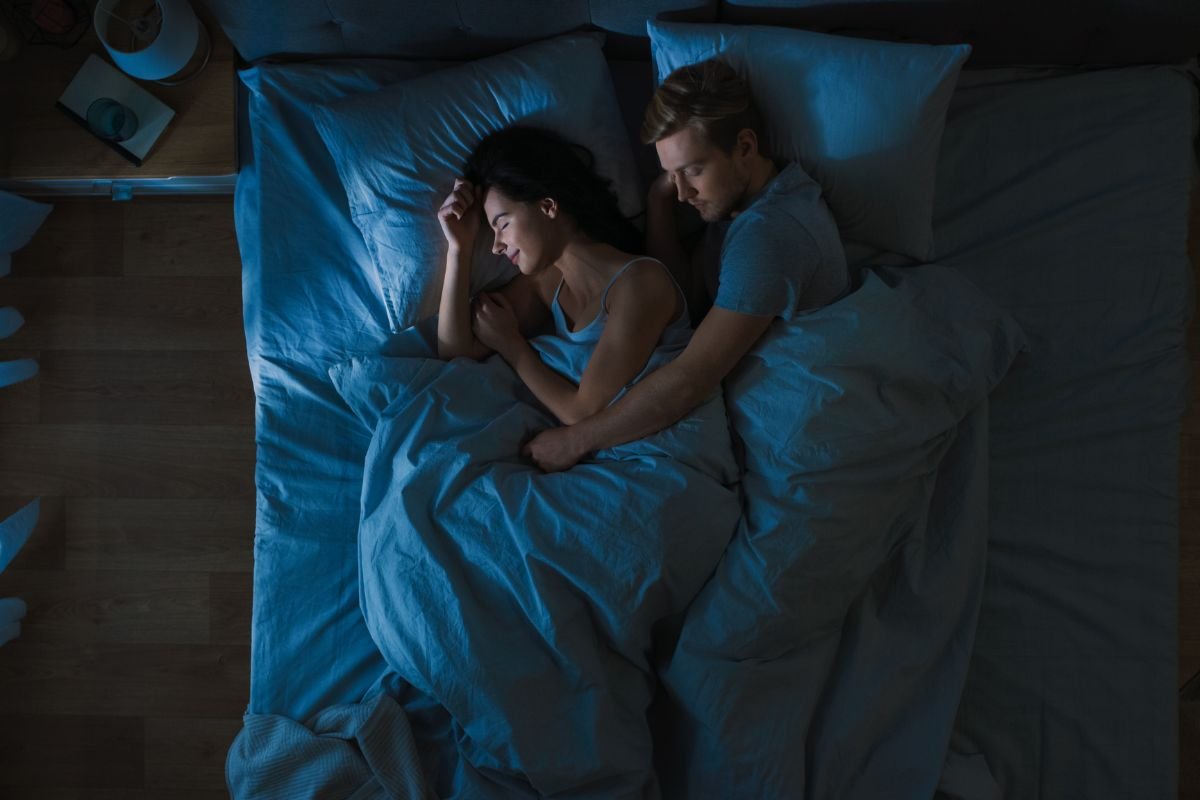I have been sleeping great recently, waking up naturally at 6am, ready to go for the day.
I wanted to share what’s working for me, in case it’s helpful for you, too.
Here are my top tips for a great night’s sleep:
Limit Caffeine and Stop Early in the Day
I used to drink 3–4 cups of coffee per day, including one around 2pm to get me through the afternoon. Recently I’ve limited myself to 2 cups first thing in the morning, stopping by 8am. This ensures the caffeine is out of my system by bedtime.
Stay Active During the Day
I normally get at least 30 minutes of dedicated exercise in the morning — usually in the form of running outside — and try to stay as active as possible throughout the day. This activity leaves my body feeling tired when the day is done.
Stop Eating at Least an Hour Before Bedtime
If I eat too close to bedtime, my body is still working hard digesting food instead of focusing on sleep. I try to stop eating at least 1–2 hours before bed to allow my body to be in a fully rested state at bedtime.
Limit Sweets
I’ve learned that my body doesn’t respond well to a lot of sugar. If I eat an indulgent dessert even relatively close to bedtime, my stomach gets upset and that will keep me up during the night. I’ve found its a lot better for sleep if I satisfy my sweet tooth with fruit instead of cookies or ice cream.
Limit Alcohol
I love a glass of red wine at night — for me, it’s one of life’s simple pleasures. I can still sleep pretty well with 1–2 glasses, but any more than that and I’ll be up for an hour or more in the middle of the night. Alcohol can feel good in the moment, but not so much in the middle of the night or the next day. If you find it difficult to cut down your alcohol consumption, then visit https://www.woburnaddictiontreatment.com/alcohol-detox-drug-detox-massachusetts/ to get help. You’ll find that it helps improve much more than just your sleep.
Stick to a Consistent Bedtime
I normally get into bed by 9 or 9:30 p.m. Sticking to a consistent bedtime allows me to stick with a consistent wake time, naturally. This ensures I give myself at least 7–8 hours of sleep, which is what I’ve found my body needs.
Read a Real Book Before Bed
I read a real, physical book for about 20 minutes after getting into bed (or for as long as it takes to feel tired and ready for sleep). This is a great way to wind down and tire my brain out for sleeping.
Go to the Bathroom Right Before Sleep
I always go to the bathroom one last time right before sleep. This ensures I’ll be able to sleep through the night without having to get up at all. I also don’t drink much water in the hour before bed, for the same reason.
Keep Your Room Cool, Dark, and Quiet
I try to keep my room around 68 degrees, as dark as possible, and will use a fan or sound machine to block any outside noise. This setup seems optimal for sleep and allows me to wake naturally when the sun comes up.
Put Your Phone on Airplane Mode
I do sleep with my phone in my bedroom, but I don’t check email before bed (which would rev up my brain) and I put it on airplane mode for sleep. This means I won’t be woken up by any calls or texts in the night.
…
That’s it — following these 10 habits has produced some of the best sleep of my life. Hopefully these tips can help you get a great night sleep, too!


